There are maybe fifty different places you could start when talking about Raiders of the Lost Ark.
Raiders of the Lost Ark (1981)
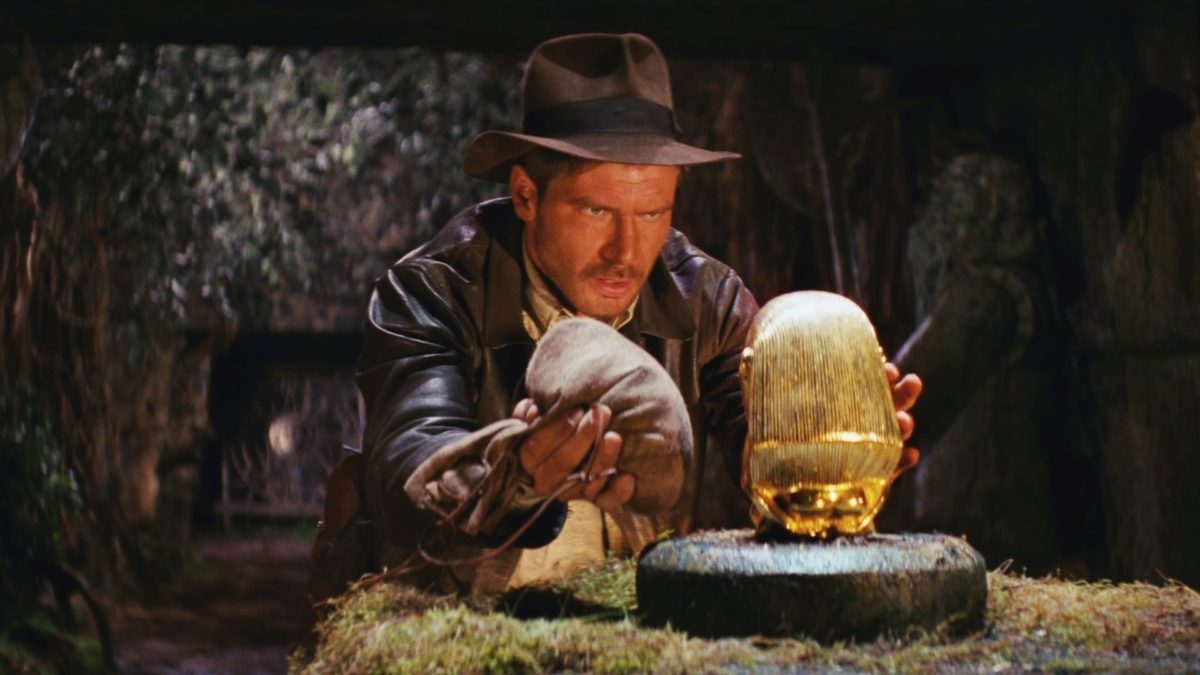

There are maybe fifty different places you could start when talking about Raiders of the Lost Ark.
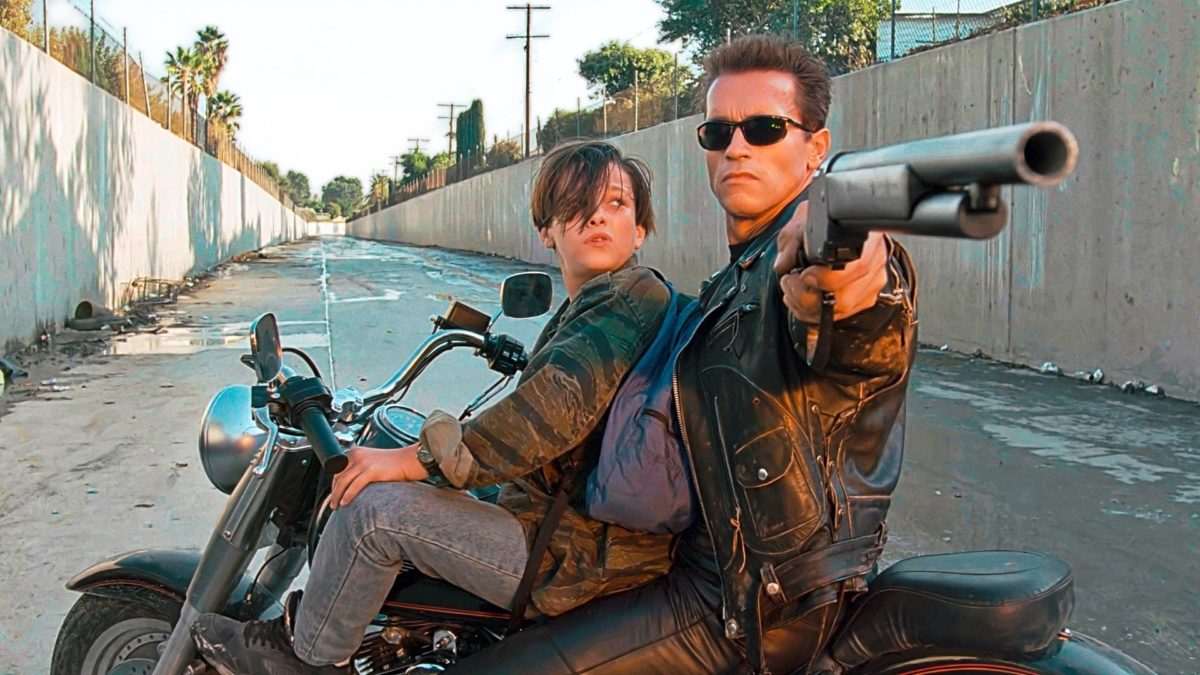
Terminator 2 bungles two narrative devices in its opening half hour, and it leaves me ever-so-slightly sour on the film for the rest of its runtime.

Finding Nemo is one of my favorite movies and does a lot of things right, but there is one specific thing that I think it does better than any other movie in cinema history:
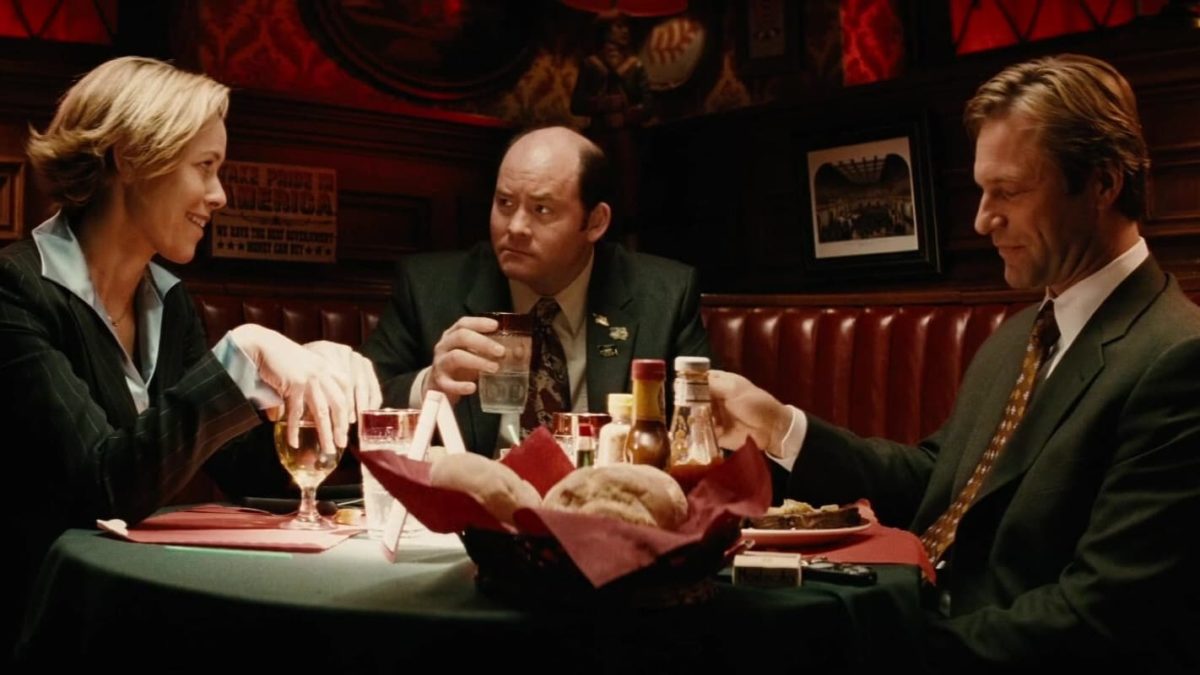
Thank You For Smoking is a clever movie, which is not automatically the same as a good movie.
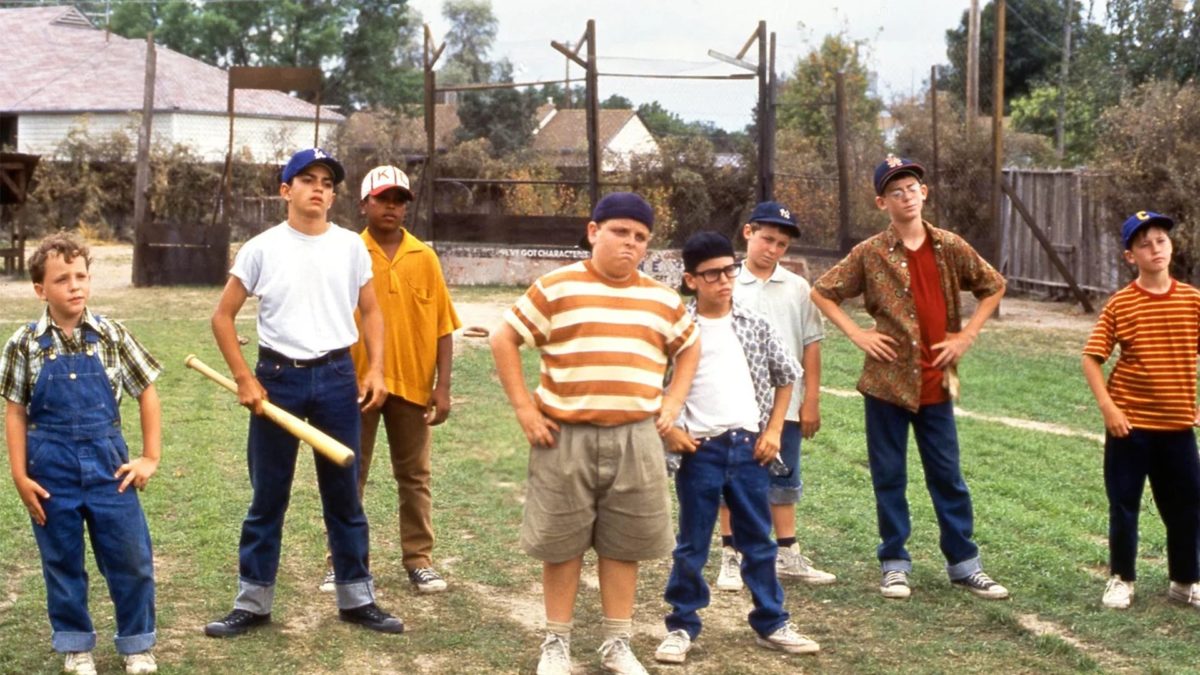
It finally occurred to me why The Sandlot’s wobbly story structure — a bunch of 5-ish minute episodes in its first half; an extended, notably goofier, episode for the entirety of its second half — has never really bothered me. It’s because every dramatic point of the film’s second half is built up by those early vignettes so we are fully invested.
The reverence of Babe Ruth; the innate talent and kindness of Benny; the glory of hitting a home run; the devastation of losing a ball and a day of baseball; the mythological terror of The Beast; Scotty’s tenuous relationship with his stepdad; his deftness with Erector Sets: These breadcrumbs are carefully planted so every beat of the ending feels earned and packs a proper storytelling punch.
Despite all that, the film’s first half is still its most charming. It delivers a satisfying arc for Scotty coming out of his shell — because goddamn does the movie make him pathetic at the start. The various episodes are of mixed quality but add up to a broader picture of the kind of magical carefree summer that adults remember in snippets and emotional texture more than chronological narrative. The set piece-heavy second half shifts us more squarely back into kids movie adventure territory, which is fine, but loses track of the movie’s initial aim.
There’s something slightly haphazard to the craft of it all, too. The boys’ acting consists mostly of shouting when something outrageous happens, which is amusing enough. The actors for Scotty and Benny bring a little more to the table, and Patrick Renna as Ham has some obvious comic chops. (In an alternate universe, perhaps Renna has Jonah Hill’s career arc.)
Scotty’s narration is used just infrequently enough that it’s extremely jarring whenever it comes in, usually for simplifying scene transition. (Also, it compares poorly to Daniel Stern’s brilliant work on The Wonder Years that is its obvious inspiration.)
Overall, The Sandlot is fun and fleetingly stirring, but doesn’t cut quite deep enough to be a true nostalgia classic.

Funny People is the ne plus ultra of Judd Apatow’s style

Forrest Gump is one of the most divisive movies you’ll encounter, assuming your reading list includes critics across the political and philosophical spectrum.
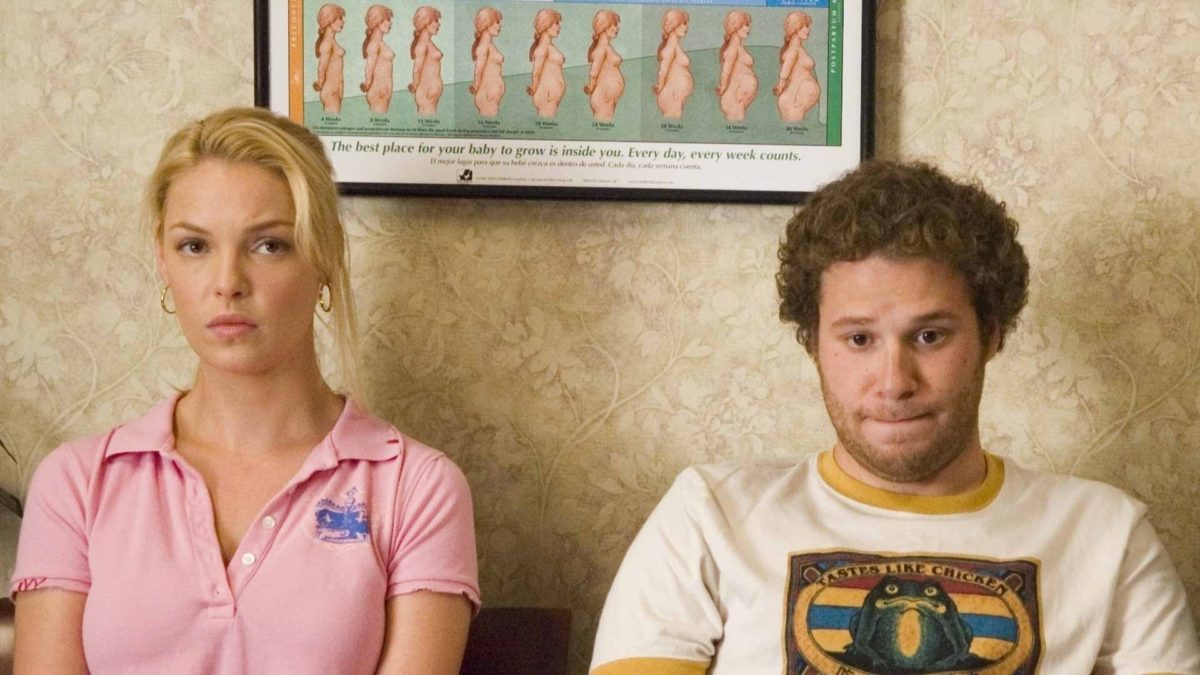
Knocked Up feels, in some ways, like the grown up version of Freaks and Geeks: Two mismatched worlds colliding and, after much hilarious dust-up, bringing out the best in each other.

Surely you are familiar with the Howard Hawks’s authoritative definition: ““A good movie is three good scenes and no bad scenes.”
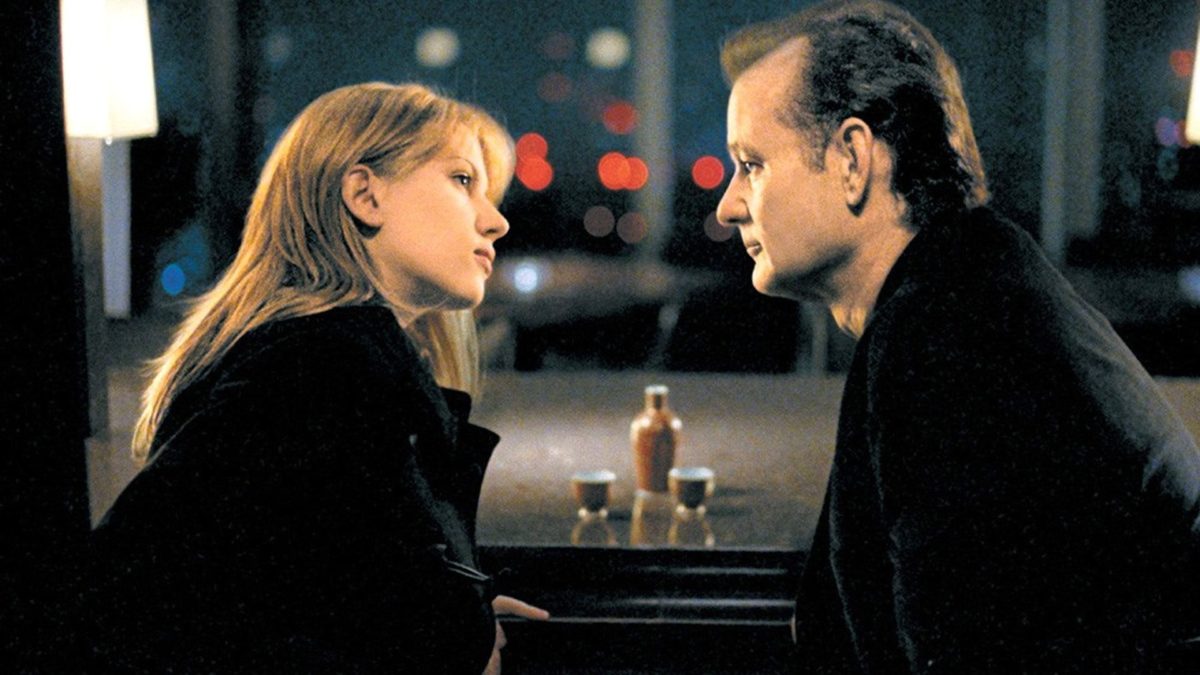
Everything about Lost in Translation is designed to make Tokyo feel like an alien world